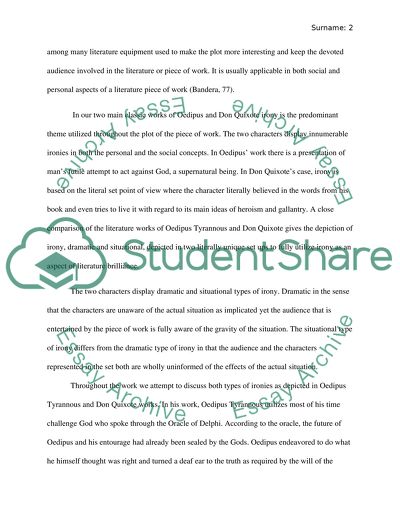Cite this document
(“LIT 201 Final Essay Example | Topics and Well Written Essays - 1250 words”, n.d.)
Retrieved from https://studentshare.org/miscellaneous/1637621-lit-201-final
Retrieved from https://studentshare.org/miscellaneous/1637621-lit-201-final
(LIT 201 Final Essay Example | Topics and Well Written Essays - 1250 Words)
https://studentshare.org/miscellaneous/1637621-lit-201-final.
https://studentshare.org/miscellaneous/1637621-lit-201-final.
“LIT 201 Final Essay Example | Topics and Well Written Essays - 1250 Words”, n.d. https://studentshare.org/miscellaneous/1637621-lit-201-final.


